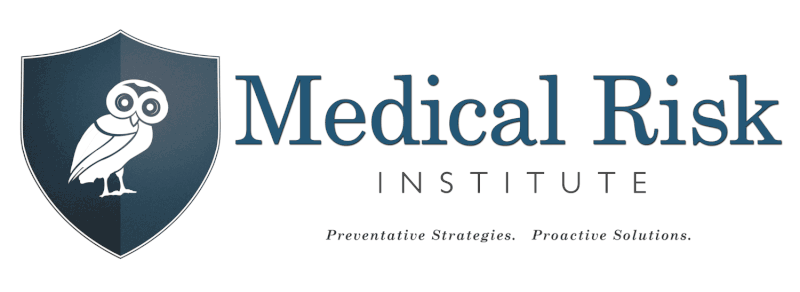The Office of Inspector General recently took up the complex and highly important question of whether specimen cups could violate the anti-kickback statute. Yes; that’s right. We now know that a Federal law has the potential of tens of thousands of dollars of fines and years of imprisonment, triggered by accepting free specimen cups from the laboratory where a practice had tests conducted for its patients. Here is the OIG’s reasoning:
Some laboratories pay physicians, either directly or indirectly (with marketing or other agent) to collect, process and package patients’ blood specimens (Specimen Processing Arrangements- SPA) either per-specimen or per-patient-encounter basis. SPAs are often associated with expensive or specialized test and may include collecting, centrifuging, maintaining a particular temperature, and packaging the specimens so that they are not damaged in transport. SPAs that carve out Federal health care program business may be intended to influence physician’s referrals due to the minimal number of laboratories used, reasons of convenience or administrative efficiency. If a payment exceeds fair market value or for a service for which the physician is paid by a third party (including Medicare), the illegitimacy is increased.
So if your practice uses an outside laboratory, here are some things you need to know: When determining the fair market value of a physician’s services, a laboratory should consider whether the compensated services have been, or may be, paid for, including through a bundled payment, by Medicare. Physicians bill Medicare for reimbursement of processing and packaging specimens through a bundled payment. If the services are paid for by a third party through other means (overhead expenses), any payment may constitute double payment for the services and provide evidence of unlawful intent.
Characteristics of a SPA payment that may be evidence of unlawful purpose include, but are not limited to, the following:
- Exceeds fair market value for services actually rendered by the party receiving the payment.
- Services for which payment is also made by a third party, such as Medicare.
- Made directly to the ordering physician rather than to the ordering physician’s group practice, which may bear the cost of collecting and processing the specimen.
- Made on a per-specimen basis for more than one specimen collected during a single patient encounter or on a per-test, per-patient, or other basis that takes into account the volume or value of referrals.
- Offered on the condition that the physician order either a specified volume or type of tests or test panel, especially including duplicative tests (e.g., two or more tests performed using different methodologies that are intended to provide the same clinical information), or tests that otherwise are not reasonable and necessary or reimbursable.
- Made to the physician or the physician’s group practice, despite the specimen processing being performed by a phlebotomist placed in the physician’s office by the laboratory or a third party
So consider this fair warning. You now know to be careful when interacting with your lab’s representative. But the bigger message is the OIG is looking at all levels of transactions and professional relationships. Any below market rate good or service your practice receives could be trouble.
Should interested parties continue to have questions about the structure of a particular Specimen Processing Arrangement, the OIG Advisory Opinion process remains available. Information about the process may be found at: http://oig.hhs.gov/faqs/advisory-opinions-faq.asp.

Leave a Reply
Want to join the discussion?Feel free to contribute!